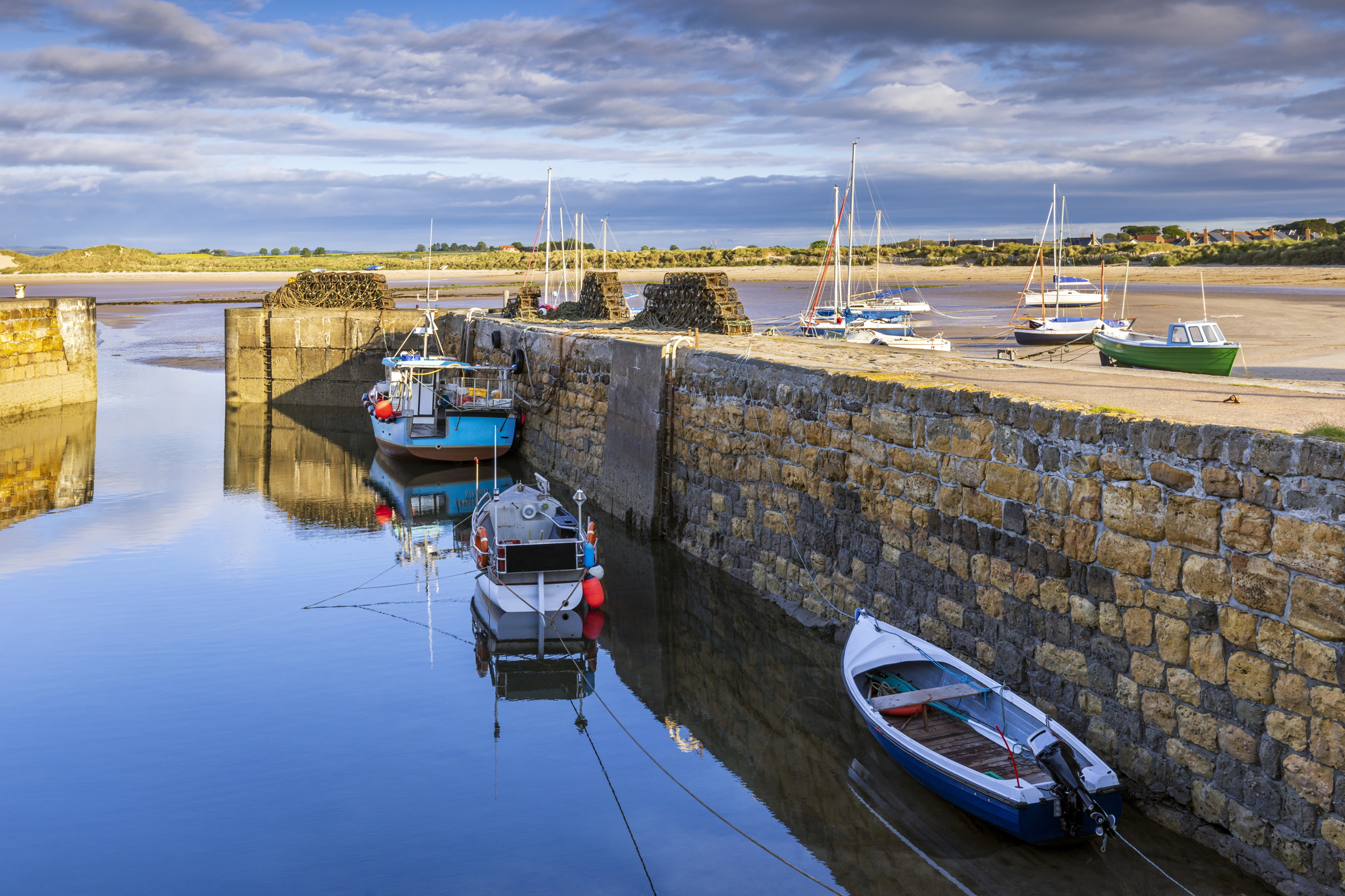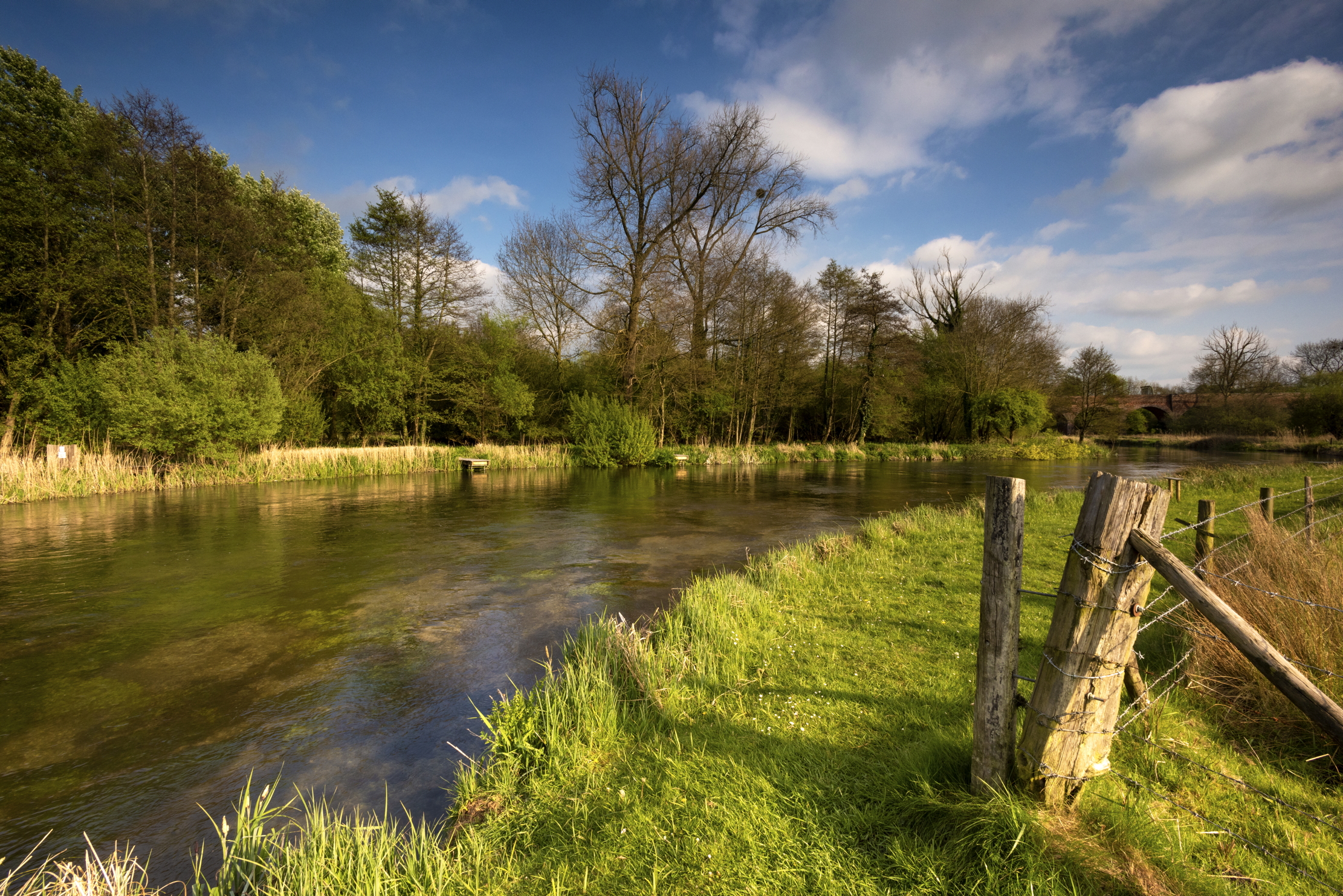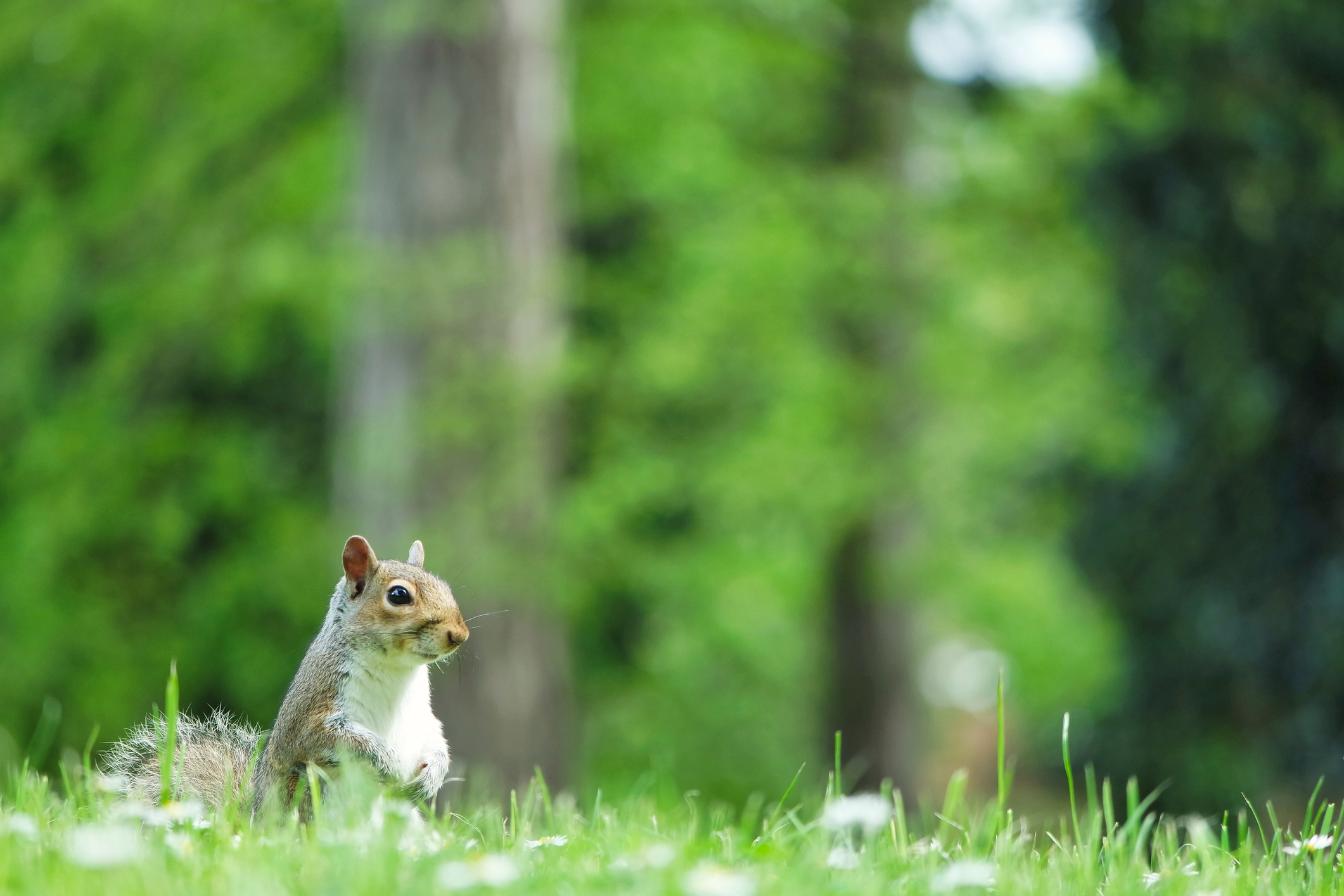Patrick Galbraith: 'For a couple of hours, I was part of a rich culture that will soon be lost'
Our columnist travels to Northumberland to 'long net' for sea trout, and laments the slow decline of a heritage craft.


Experiences can be so extraordinary that you are unable to take them in at the moment. It’s only later, sometimes months, even years, that you realise quite what they meant. One Sunday afternoon in May, I drove up to Northumberland to see my friend Katrina, a poet who lives in Beadnell, in a white cottage overlooking the sea. Much of her writing has documented the decline of the inshore fishing community.
When Katrina was in her twenties, netting for salmon and sea trout kept whole families going during the spring and summer months and the harbour, only 500 yards from her front door, was full of boats. Now, there is one licence for catching sea trout still issued in Beadnell and the boat it’s connected to is crewed by Edward, 70, and John Dixon, in his eighties. As we sat in that boat, John told me about the fishermen’s choir in Seahouses, but that is also now gone.
The pace of ‘long netting’, as it’s known, is slow and we spent most of the morning sitting there watching the water for snagged sea trout catching the sunlight beneath the surface. As the gulls wheeled above, Katrina explained that young men often found long netting to be a bit slow. They yearned to be in bigger boats, catching lobsters and crabs, or further out trawling for herring.
We caught seven sea trout — the best outing of the season so far. Sea-trout stocks aren’t what they were on the Northumberland coast and the fish merchants stopped coming some time ago — there was little point in them turning up each day when much of the time they went home with few fish. Edward explained that, nowadays, they only sell the sea trout to a local pub — apart from the two they gave to me. I took them south and smoked them. They were, without doubt, the best fish I’ve eaten.
'Men worked in those woods, as families fished from that harbour, like their fathers before them and their sons after them'
It was, as those young fishermen used to find, a steady morning. We could always see the sea floor and we moved through the water to check the nets at walking pace, but, in a sense, I travelled decades back in time. For a couple of hours, I was part of a rich culture that, like the fishermen’s choir, will soon be lost. The Environment Agency is issuing no new licences for long netting in Beadnell Bay because of concerns about fish stocks; when Edward and John go, the long netting will die with them.
A few months later, I went muntjac stalking at dawn with my soon-to-be father-in-law. We crept along hedgerows, shared a flask of tea in a woodland ride and watched a fox slip across a sun-dappled water meadow. We did get a muntjac doe, but we felt that was hardly the point. When we were done, Clovis checked his pedometer (all men in their sixties, it seems, are obsessed with their step count). ‘Only 6,000,’ he noted, ‘not many at all.’ We had, however, seen so much: that fox, those deer, plenty of hares and the sun rising long before most people were up.
Both mornings, I realise, were similar in that we were moving slowly through beautiful places full of stories as we focused on other creatures: fish and deer. Once, the trees where we stalked were coppiced. Men worked in those woods, as families fished from that harbour, like their fathers before them and their sons after them. We all walk through the countryside, cycle through it, perhaps, and certainly drive, but there is something about fishing, even if it’s long netting, and deer stalking that makes you move slowly and look properly — even if it’s only later that you really appreciate what you saw.
Exquisite houses, the beauty of Nature, and how to get the most from your life, straight to your inbox.

Credit: Michael Roberts via Getty Images
Patrick Galbraith: 'The Itchen is a place of such pastoral beauty that it’s almost too much to take in'
Patrick realises that often, it's the journey, and not the destination, that is most important.

Credit: Getty Images/500px
Patrick Galbraith: We are a brilliant and terrible species who messed it up a long time ago — and that means we have to do things we don't want to
Our columnist laments the painful decisions on culling wild animals which he argues have to be taken if we're to

Credit: Getty
Patrick Galbraith: "'You sound clever, but you’re really stupit,' he told me. Buoyed by his charm, I stepped outside"
A happy Patrick Galbraith celebrates his engagement by tempting fate in inspiringly cavalier fashion.

Patrick Galbraith: The best sport in life is free
Patrick Galbraith's trip to the Isle of Lewis shows him a new perspective on how to land a bird for
Patrick Galbraith is an author, journalist, former editor of Shooting Times, and a regular contributor to Country Life.
